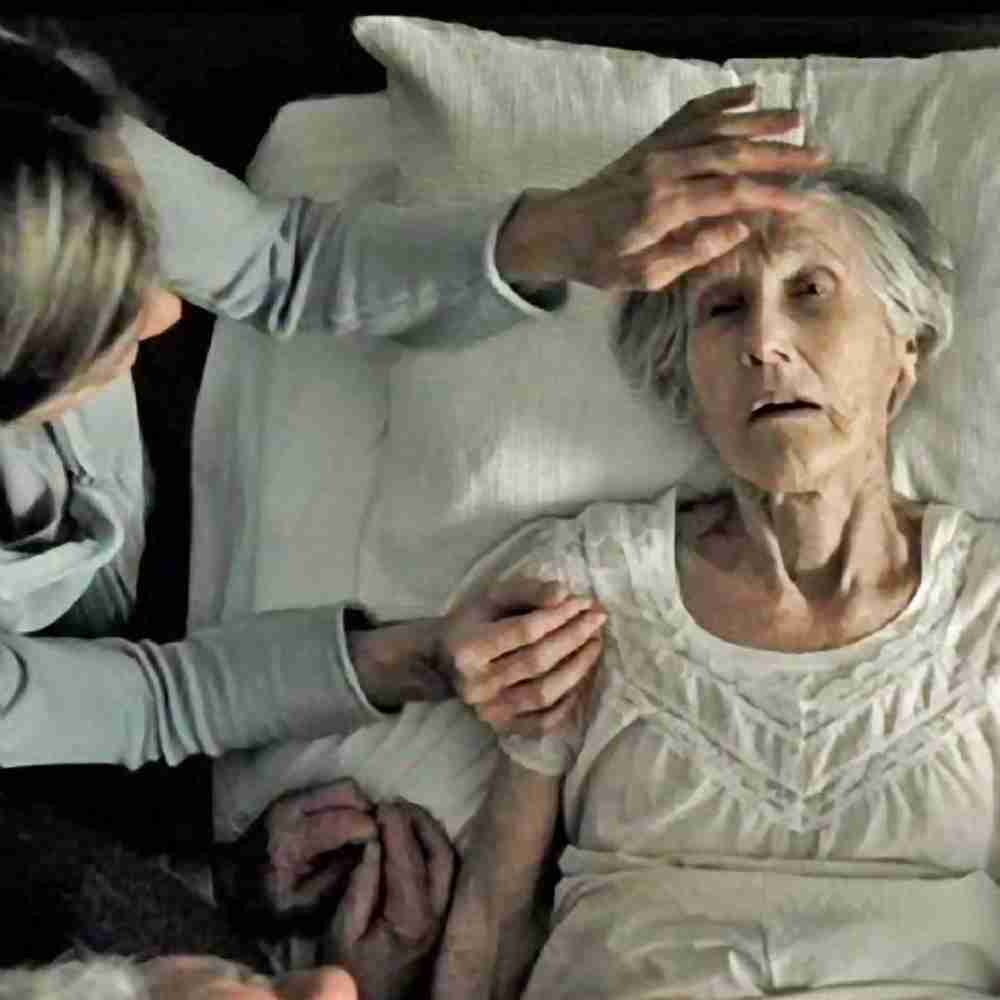Living wills

A “living will,” sometimes called an “advance decision,” gives you the opportunity to express your wishes in advance about any medical treatments you might be offered that you do not want. Though many medical professionals are aware of the issues around life-prolonging choices, there is inevitably a tendency to keep dying people alive as long as possible, even when there is little chance of improvement. And of course this often arises when the person who is dying is least able to communicate their own preferences. Hence the usefulness of a living will.
A living will allows you to refuse treatment, even when it might result in your death. The main consideration for most people thinking about a living will is that they don’t want to end up in a hospital bed drugged out of conscious awareness and hooked up to equipment which has little chance of giving them back any semblance of their humanity.
The living will is legally binding, which means that those caring for you must follow your instructions, though it will only be used if you lose the capacity to make or communicate decisions about your treatment. It doesn’t need to be in writing unless you are refusing potentially life-sustaining treatment; however, it is good practice to write it down and give a copy to your loved ones and those involved in your care. Your doctor and medical team need to know about your advance decision so they can include it in your medical notes. You should review it regularly, and can change it at any time, making sure that you clearly communicate and record any changes. If you want to refuse potentially life-sustaining treatment your decision must be in writing, signed, witnessed, and include the statement “even if my life is at risk as a result.”
Even at the end the choice is yours.


